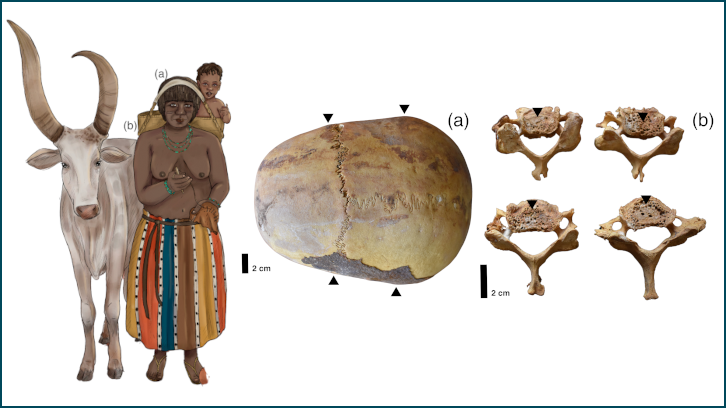Rhizopus oryzae lipase, a highly promising industrial enzyme in the field of biocatalysis
The biocatalytic enzyme industry has a promising future, since these enzymes allow for the synthesis of less polluting products, such as biodiesel, and the improvement of nutritional and organoleptic properties of food. Researchers from the Department of Chemical, Biological and Environmental Engineering carried out a study that focuses on the industrial application of the Lipase enzyme from the Rhizopus oryzae fungus. The challenge that arises with this enzyme is the price of its production, still in economic competition with its chemical counterpart.
Our world is ready to face the fourth industrial revolution in which our knowledge about digital, physical and biological technologies will switch our society to a yet unknown position. In this sense, biocatalysis, as part of biological technologies, is called to perform a key role. Enzymes, as one of the main biocatalysts, have several present and potential applications in industrial-scale catalysis due to their advantages when compared to chemical catalysts: their operation in milder conditions, their lower environmental and physiological toxicity and the capacity to label obtained products as natural.
Hydrolytic enzymes – those breaking chemical bonds that maintain the structure of proteins, lipids, and sugars – dominate the market of industrial enzymes. Amongst them, lipases are the third largest group. These enzymes carry out the hydrolysis of lipids in presence of water. However, when a medium with low water concentration is employed, the so-called synthesis reactions are performed. That is, no longer do lipases break down lipids bonds but they create them enabling the production and modification of a wide variety of substances. In fact, these reactions are the most promising ones for industry. In our work we study Rhizopus oryzae fungus lipase (ROL) and its application in industrially relevant reactions, for instance, in biodiesel, structured lipids and flavours synthesis.
Biodiesel production is carried out through transesterification reaction, one of the previously mentioned synthesis reactions, which only requires oil, alcohol – usually methanol or ethanol – and the biocatalyst, ROL. This biofuel can be directly employed in current engines and replace the more contaminant fossil-fuel derived diesel. However, the main two drawbacks of biodiesel synthesis are the price of the enzyme and the ethical food vs fuel issue. The first one has been extensively studied and solved by changing ROL structure or by immobilisation onto supports to make the catalysts more resistant and allow their reuse. The second one can be potentially sorted out by using non-edible oils like waste cooking oil, which in fact would also help to deal with this pollutant residue.
Considering the growing concern about health issues related to the high consumption of fats, structured lipids – lipids with improved nutritional and organoleptic properties – might be relevant. These lipids are obtained by modifying their fatty acids composition through reactions that can be performed by a lipase like ROL. Some of the most known structured lipids are cocoa butter equivalents and human milk fat substitutes, that mimic their natural and scarce counterpart fats. There are also fewer known examples like low caloric fats and trans-free fats that mimic trans fatty acids containing hydrogenated vegetable oils.
Additionally, flavours and aromatic esters are compounds widely found in nature and with pleasant organoleptic attributes, including fruity and floral scents. They are formed by the chemical union of an alcohol and an organic acid that might be catalysed by lipases like ROL. This enzyme has been satisfactorily employed for the production of several flavours like pineapple – ethyl butyrate, the ester of ethanol and butyric acid – and banana flavours – isoamyl acetate, the ester of isoamyl alcohol and acetic acid.
However, despite the research efforts performed, enzymatic synthesis of all these compounds is still in tight economic competition with the homologous chemical synthesis. Therefore, our research focuses on changing that balance by favouring enzymatic synthesis.
Josu López-Fernández, Maria Dolors Benaiges and Francisco Valero*
Department of Chemical, Biological and Environmental Engineering, School of Engineering.
Universitat Autònoma de Barcelona.
*Author to whom correspondence should be addressed.
References
López-Fernández J, Benaiges MD, Valero F. Rhizopus oryzae Lipase, a Promising Industrial Enzyme: Biochemical Characteristics, Production and Biocatalytic Applications. Catalysts. 2020; 10(11):1277. https://doi.org/10.3390/catal10111277


